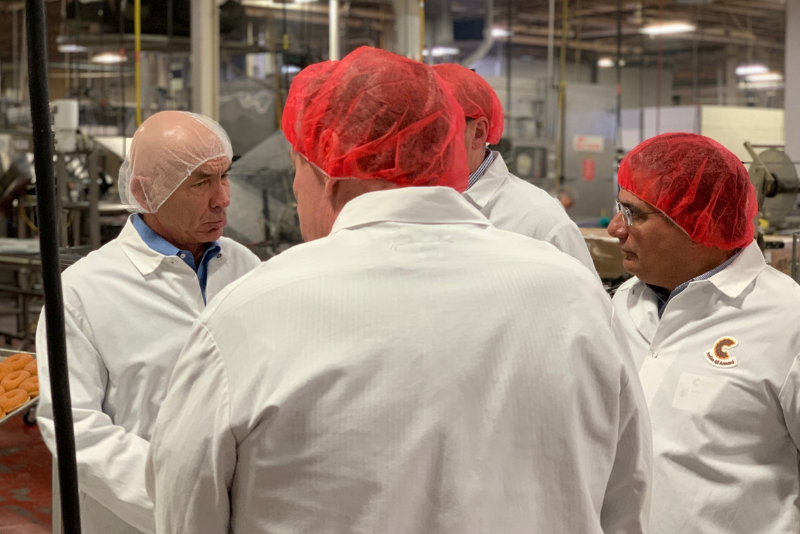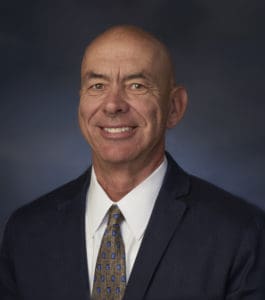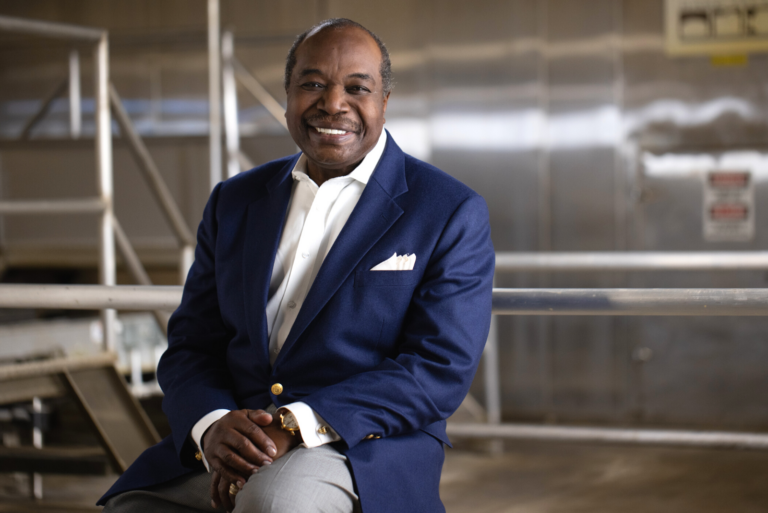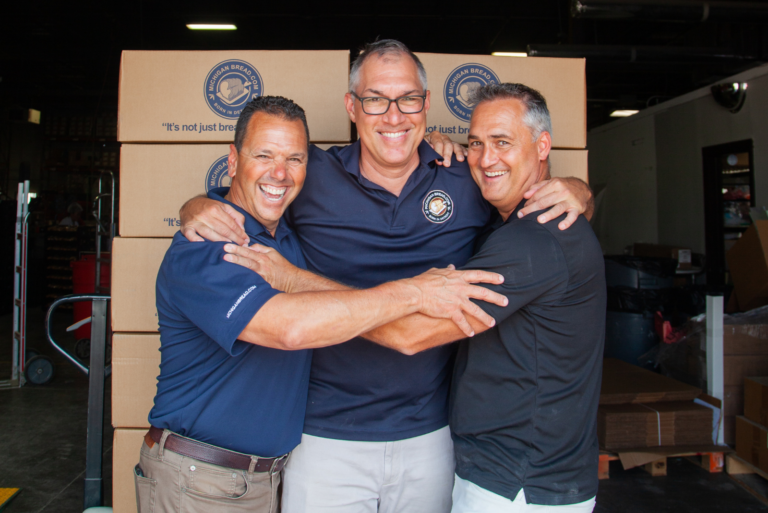CHICAGO — This is not a succession story.
Kim Bickford never really dreamed of becoming the CEO of Clyde’s Donuts. Not when he was a boy with his favorite chocolate iced cake donut (his grandfather’s formula) packing in his school lunch. And not when he was a teenager and worked summers at the Chicago bakery on the donut line, helping with anything from mixing to packaging. And not even as a young man serving in the US Navy.
Not until he answered a call from his dad did Bickford seriously consider joining the family business.
“I hadn’t yet planned out my strategy for what I was going to do when I came home from the Navy,” Bickford recalled. “I had returned from the Navy, and my dad called me. I was just sort of hanging out in Arizona with family, and he said, ‘Have you ever thought about coming back to Chicago and working for me in the donut business?’ I hadn’t really thought about it until then. But I went back, and he put me to work the next day.”
He first ran routes — back then they only had six — delivering fresh donuts, muffins and Danish throughout Chicagoland.
“It gave me a chance to really understand the business and what the challenges were, especially in terms of timing and product mix,” Bickford said. He eventually moved into sales and oversaw those routes, building them to more than 20. He brought in staff to help supervise them so he could focus on key customers and growing the business while his brother Kent served as president and CFO.
When his brother retired after dedicating 40 years of service to the company, Bickford kept the family tradition of putting in the work without relying on his name. Eventually, he stepped into the role of CEO.












